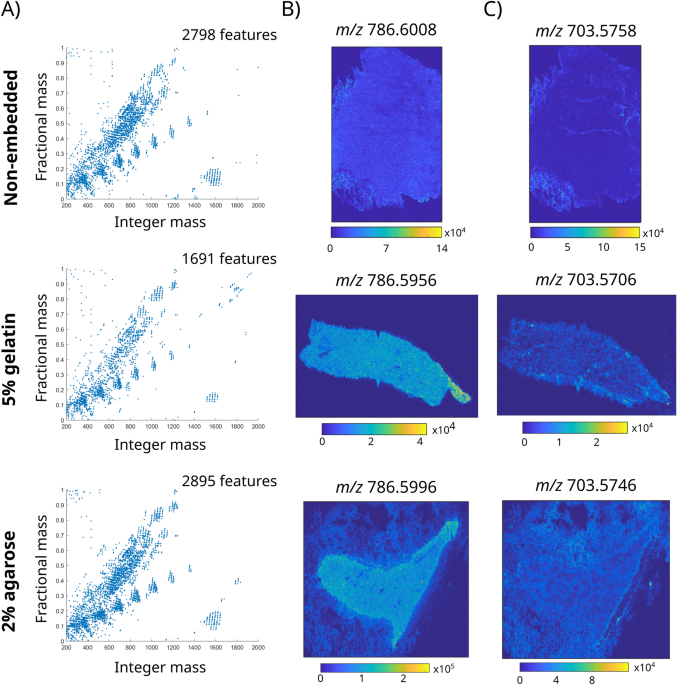
- Select a language for the TTS:
- UK English Female
- UK English Male
- US English Female
- US English Male
- Australian Female
- Australian Male
- Language selected: (auto detect) - EN
Play all audios:
As European diplomats anxiously sought to prevent a repetition of the Crimean War with Russia, their host at the 1878 Congress of Berlin, Otto von Bismarck, coined a phrase for himself that
has resonated down the ages. The first and greatest Chancellor of the then recently united German Empire described himself, with somewhat insincere modesty, as _der ehrliche Makler_, “the
honest broker”. Statesmen ever since have aspired to emulate Bismarck’s achievement at Berlin, where another war with Russia was indeed postponed, albeit only until 1914. How honest, though,
are most brokers, whether in commerce or diplomacy? The latest European leader to audition for the role is Emmanuel Macron. The French President has had long phone conversations with
Vladimir Putin several times since their five-hour meeting in Moscow on February 7. For Putin, these exchanges enable him to signal to NATO and the EU that the war will go on “until the end”
unless the Ukrainians accept his conditions. Macron, facing a presidential election next month, can boast that he is playing his part as Europe’s go-between. Yet so far he has failed to
extract any concessions at all from the Russian dictator. The last European leader to meet Putin, almost on the eve of the invasion, was Olaf Scholz, the German Chancellor. He, too, failed
utterly to prevent or even to delay this war of conquest, despite the leverage conferred by the sheer weight of the German economy — several times the size of Russia’s. If Scholz had warned
Putin that if the tanks rolled over the border, Germany would immediately boycott Russian energy, lift its self-imposed ban on sending weaponry to Ukraine and devote its vast resources to
rearmament, the warlord might have thought twice about invading his neighbour. As we know, that is not what happened. While Scholz did undertake to send arms to Ukraine, after three weeks
almost nothing has been delivered. It now appears that the promised East German missiles that have been in storage since 1989 are unusable. As for German rearmament: experts point out that
the German Bundeswehr has been so neglected that the €100 billion boost to defence spending pledged by Scholz will be almost entirely consumed in replacing obsolete or faulty equipment:
there will be no quantum leap in German firepower to deter future Russian adventurism. As for an embargo on Russian energy, mooted by Opposition politicians and the media in Berlin: this has
been more or less ruled out. Despite pressure from other EU states for a ban on Russian oil imports, Annalena Baerbock, Germany’s Green Foreign Minister, could only wring her hands:
“Germany is importing a lot but there are also other member states who can’t stop the oil imports from one day to the other. If we could we would do it automatically.” Nor does the cessation
of car exports to Russia from firms such as Mercedes, Volkswagen and BMW appear to be on the table. The main German effort — admirable enough — is going into coping with the influx of
refugees from Poland. Otherwise Germany will continue to trade with Russia, almost as if nobody in Berlin knew there was a war on — a war that could escalate and even spread at any moment.
Zelensky appealed to Germans again this week “not to give the occupiers a single euro”. In fact, the occupiers are receiving €600 million a day from EU states, of which the lion’s share
comes from Germany. There are other would-be honest brokers, such as the Turkish President Erdogan and the Israeli Prime Minister Bennett, but they too have had little success so far beyond
providing neutral venues for negotiations to take place. Zelensky has speculated about peace talks in Jerusalem, which would have great symbolic significance, but so far the Kremlin has not
jumped at the opportunity. All the time, the slaughter in Ukraine goes on. Perhaps, as in Syria, Putin’s calculation is to string everyone along and then fail to carry out his side of the
bargain. He evidently believes that the higher the butcher’s bill, the more likely the brokers will be to pressure Kyiv to give in. Here, the Foreign Secretary has openly speculated about a
Franco-German stitch-up on the lines of the 2014 Minsk agreement that left Russia in possession of Crimea and the breakaway “republics” of Donetsk and Luhansk. This “peace process”, brokered
by Paris and Berlin, merely froze the conflict and failed even to prevent a continuation of hostilities in eastern Ukraine, providing Putin with a pretext to impose his “solution”. Yet
Minsk has been repeatedly tabled by the French and Germans as a model for a new ceasefire. As NATO leaders convene in Brussels on Thursday, the British are increasingly concerned about a
possible new Franco-German proposal that would leave the Russians with most of their territorial gains. An unnamed source is quoted in the _Times_ warning that “the G7 needs to stay united.
There should be no easy off-ramp for Putin. We shouldn’t be in the business of making early concessions. We need to be tough to get peace.” Even this “tough talk” has what Ben Wallace called
“a whiff of Munich” about it. There should indeed be no off-ramps for Putin, easy or otherwise. We should instead remember the example of the first Gulf War in 1991, when Saddam Hussein’s
Russian-equipped forces were driven out of Kuwait by NATO. The withdrawal of occupation forces from Ukraine ought to be the minimum requirement for granting the Kremlin an armistice. There
is one gain that Putin will be especially reluctant to give up. His huge expenditure of Russian blood and treasure on besieging Mariupol, which has involved war crimes on a huge scale, has
still failed to capture the city. But the secret police have begun deportations of the civilian population to remote and largely unknown destinations inside Russia. It looks very much as
though, having razed much of Mariupol, Putin is now engaged in ethnic cleansing as preparation for moving in a new population and turning it into a Russian port and the Sea of Azov into a
Russian lake. By creating facts on the ground, Putin is exploiting the readiness of the European brokers to make concessions at Ukraine’s expense in order to return to business as usual. Joe
Biden will join the other leaders in Brussels but he seems mainly preoccupied with banishing the phantom of nuclear war. Only the British are insisting that the Ukrainians must be fully
involved in any peace deal. “You can’t be a third party in that,” one Government source told the _Times_. “We need to be very careful to put Ukraine’s interests first.” It would be good to
hear these sentiments echoed in Paris, Berlin and Washington. Whatever shape any peace plan to emerge from the NATO summit may take, it must not look like victory for the criminal in the
Kremlin — let alone a legitimation of his crimes against humanity. Putin is on the path to perdition. From that rocky road, there can be no off-ramp — and no honest broker should be offering
him one. A MESSAGE FROM THEARTICLE _We are the only publication that’s committed to covering every angle. We have an important contribution to make, one that’s needed now more than ever,
and we need your help to continue publishing throughout the pandemic. So please, make a donation._






